Whether you’re driving through the night or trying to save on housing costs, sleeping in your car can sometimes be unavoidable. But the laws around this vary widely depending on the state and even the city you’re in. Knowing the answer to “is sleeping in your car legal in california?” can help you avoid unexpected legal trouble.
In California, the answer isn’t as straightforward as a simple yes or no. It falls into a legal grey area influenced by state regulations, local ordinances, and exactly where you decide to park.
One city might allow it, while another could issue a ticket or tow your vehicle for the same behavior. Whether you’re on public or private property, the time of day, how long you stay parked, and even the appearance of your car can all play a role in whether you’re violating the law.
If you’re sleeping in your car—whether by choice or out of necessity—understanding the specific laws that apply to your situation is crucial. Knowing the rules can help you avoid fines, protect your rights, and stay safe. Here’s a closer look at the legality of sleeping in your car in california.
What California State Law Says : Is It Legal to Sleep in Your Car in California?
California doesn’t have a statewide ban on sleeping in your car, but individual cities have the power to set their own rules. That means whether it’s legal or not depends entirely on where you’re parked.
In many California cities, you’re allowed to sleep in your car on public streets for up to 24 hours. Still, that doesn’t give you the green light to use your car as a permanent residence.
Plenty of cities prohibit living in a vehicle full-time. If you stay too long, ignore posted parking signs, or appear to be living out of your car, you could face tickets that often start at around $100.
Residential neighborhoods typically have tighter restrictions. Some of California’s largest cities have clear rules limiting overnight car sleeping:
- Los Angeles: Municipal Code 85.02 bans sleeping in vehicles in residential areas between 9 p.m. and 6 a.m., but allows it in designated non-residential zones.
- San Diego: Enforces similar regulations, especially near schools and homes during nighttime hours.
- San Francisco: Applies broad anti-camping laws that make sleeping in vehicles illegal in many parts of the city.
These local rules have come under increased scrutiny as housing costs continue to soar. According to RentCafe, the cost of living in California is about 50% higher than the national average. With sky-high housing prices, many people have turned to their cars as temporary shelter.
However, what may seem like a practical solution can quickly become a legal issue. Without understanding the local ordinances, drivers risk fines, getting towed, or even being arrested—especially in cities that strictly enforce laws against vehicle habitation.
Where can you legally sleep in your car in California?
You can legally sleep in your car in California, but where and how you do it matters significantly due to local laws and restrictions. Here are the main locations and circumstances where sleeping in your car is generally legal and safe:
Rest Areas Along Highways
California’s state-operated highway rest stops are designed for motorists to combat drowsy driving and typically allow parking (and sleeping inside your vehicle) for up to eight hours. Setting up camp outside your car or staying beyond the allowed time is not permitted. Always check posted signage for local restrictions.
Truck Stops and 24-Hour Businesses
Many truck stops and some 24-hour big-box retailers (such as select Walmart locations) may permit overnight stays in their parking lots. If considering this option, ask management for permission—policies can vary by location. Park at the edges of the lot, avoid blocking traffic or entrances, and never set up chairs or cook outside your vehicle.
Safe Parking Programs
Several California cities offer “Safe Parking” programs providing secure, permitted locations for people sleeping in their cars. These programs typically have on-site security, restrooms, and access to services such as case management or housing navigation. Participation usually requires enrollment and sometimes an intake process—no walk-ins are allowed. Major areas with Safe Parking programs include:
-
Los Angeles County (communities such as Lancaster, Van Nuys, Downtown LA, East LA, San Pedro, and Whittier)
-
San Diego (multiple lots including Aero Drive, Balboa Avenue, H Barracks, Mission Village Drive, and Rose Canyon)
-
Mountain View
-
Sacramento
-
Oakland
-
Redwood City
-
Santa Rosa
-
San Luis Obispo
For a full list of sites or to apply, contact local providers or visit relevant city or nonprofit websites. Safe Parking LA and Jewish Family Service of San Diego are among the leading program operators. Some programs prioritize individuals or families experiencing homelessness or fleeing domestic violence, and all require an operable vehicle12345678.
Bureau of Land Management (BLM) and National Forest Land
Outside urban areas, California has vast areas of BLM land and national forests where “dispersed camping” is generally permitted. This includes sleeping in your vehicle for up to 14 days in one location, with some restrictions:
-
No blocking access roads.
-
Comply with posted signs (e.g., fire bans, no overnight parking in certain areas).
-
Pack out all trash and avoid setting up obvious camp infrastructure outside your vehicle.
Campgrounds and RV Parks
Designated campgrounds—at state and national parks, county parks, or commercial RV parks—allow car campers with the proper permit or fee. These are ideal for longer-term stays but usually require advance reservation.
Private Property (With Owner’s Permission)
You may sleep in your car on private property (such as a friend’s driveway or certain business lots) if you have explicit permission from the owner. Without it, you risk trespassing fines or complaints.
Legal and Practical Tips for Sleeping in Your Car
Sleeping in your car isn’t always illegal, but where and how you do it can make all the difference. These tips can help you avoid legal issues and stay safe while resting on the road.
Avoid Residential Areas and School Zones
Many California cities prohibit overnight car sleeping in residential neighborhoods or near schools, especially between 9 p.m. and 6 a.m.
Parking in these areas may lead to warnings, tickets, or even a visit from law enforcement. Instead, look for commercial areas or designated overnight parking lots that are more tolerant of vehicle dwellers.
Choose Safe, Legal Parking Spots
Opt for well-lit areas with visible security cameras whenever possible. Safer options include:
- 24-hour retail centers
- Truck stops
- Rest areas
Always check for posted signs. If you see a “No Overnight Parking” notice, move elsewhere to avoid fines or getting towed.
Keep a Low Profile
Being discreet can help you stay under the radar:
- Use sunshades or curtains for privacy
- Keep noise to a minimum—skip the loud music and phone calls
- Limit movement inside the car
- Store valuables out of sight to avoid theft or suspicion
Park Legally and Obey Local Rules
Double-check that you’re not parked in:
- A tow-away zone
- A permit-only area
- Any spot marked “No Overnight Parking”
Parking laws often vary by neighborhood, and in big cities like Los Angeles or San Francisco, they can change without much notice. Always read signs carefully and respect time limits.
Know Your Rights
Under the Fourth Amendment, you’re protected from unlawful searches and seizures. Still, your privacy rights are more limited in a vehicle than in a home. In general, police need probable cause, a warrant, or your consent to search your car. Understanding your rights can help you handle any encounter with law enforcement calmly and confidently.
Check Your Insurance and Documents
If you regularly sleep in your car, it’s important to stay prepared with the proper documentation. Make sure you have:
- Valid vehicle insurance
- Current vehicle registration
- Your driver’s license or a valid ID readily accessible
Keep in mind, some insurance providers may have special requirements if you’re living in your vehicle full-time. For instance, they might require a permanent address on your policy to maintain coverage. Always check with your insurer to ensure you’re meeting their conditions.
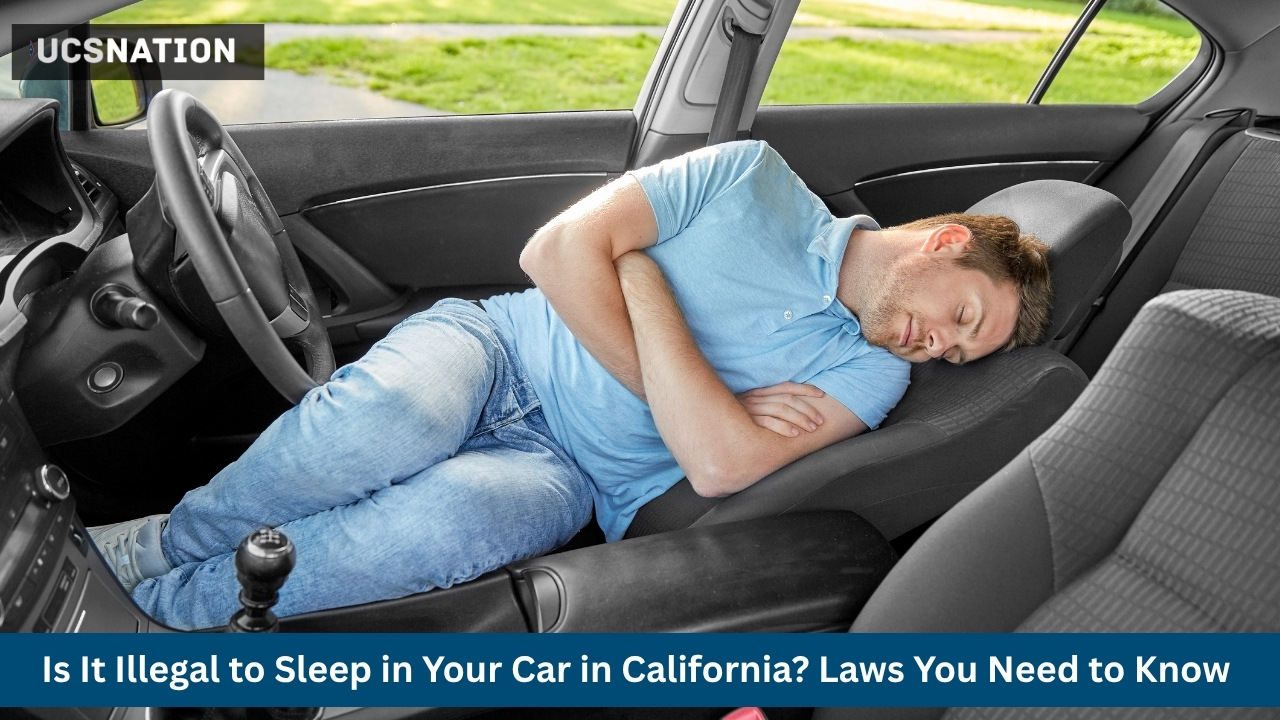
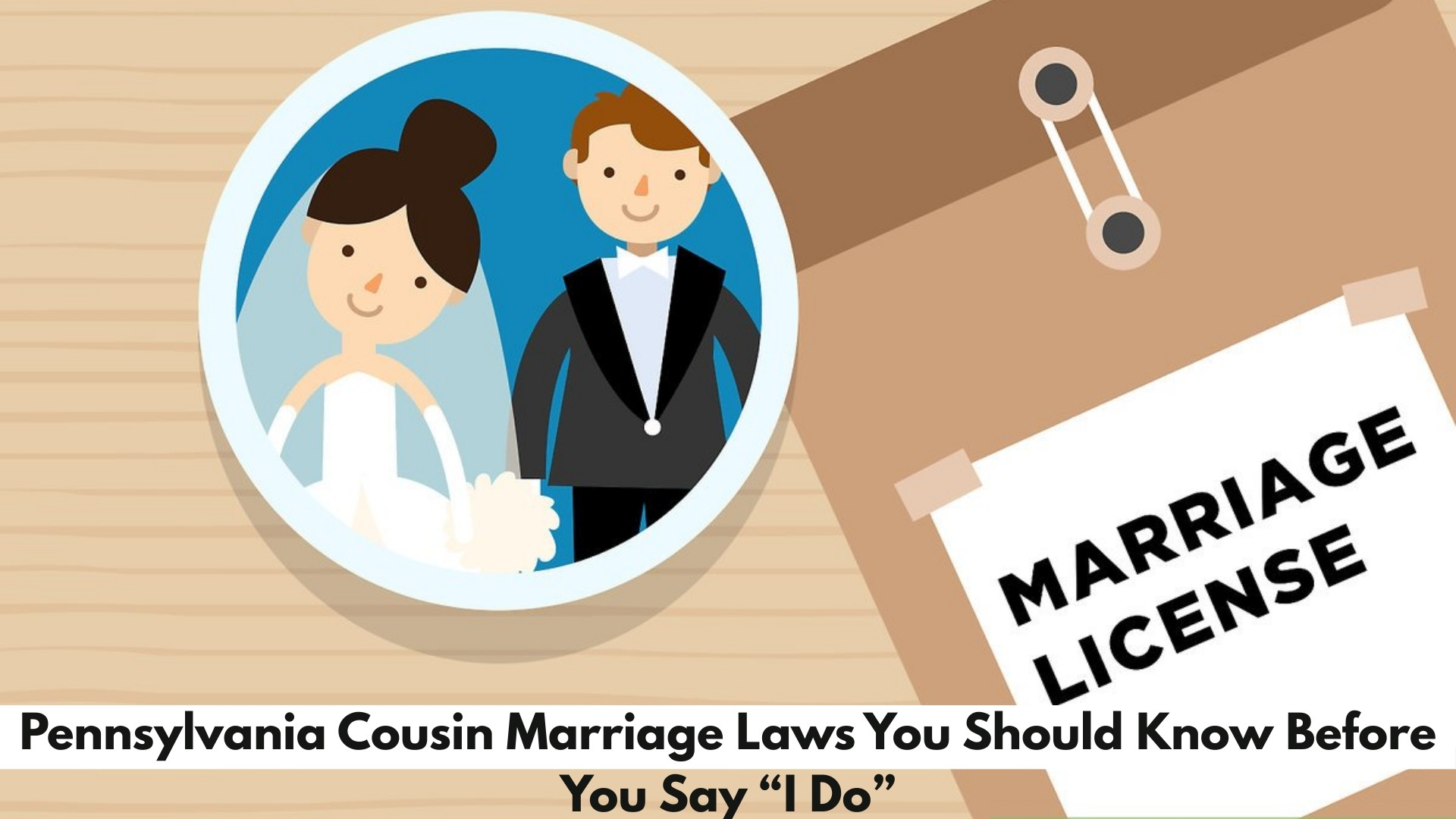

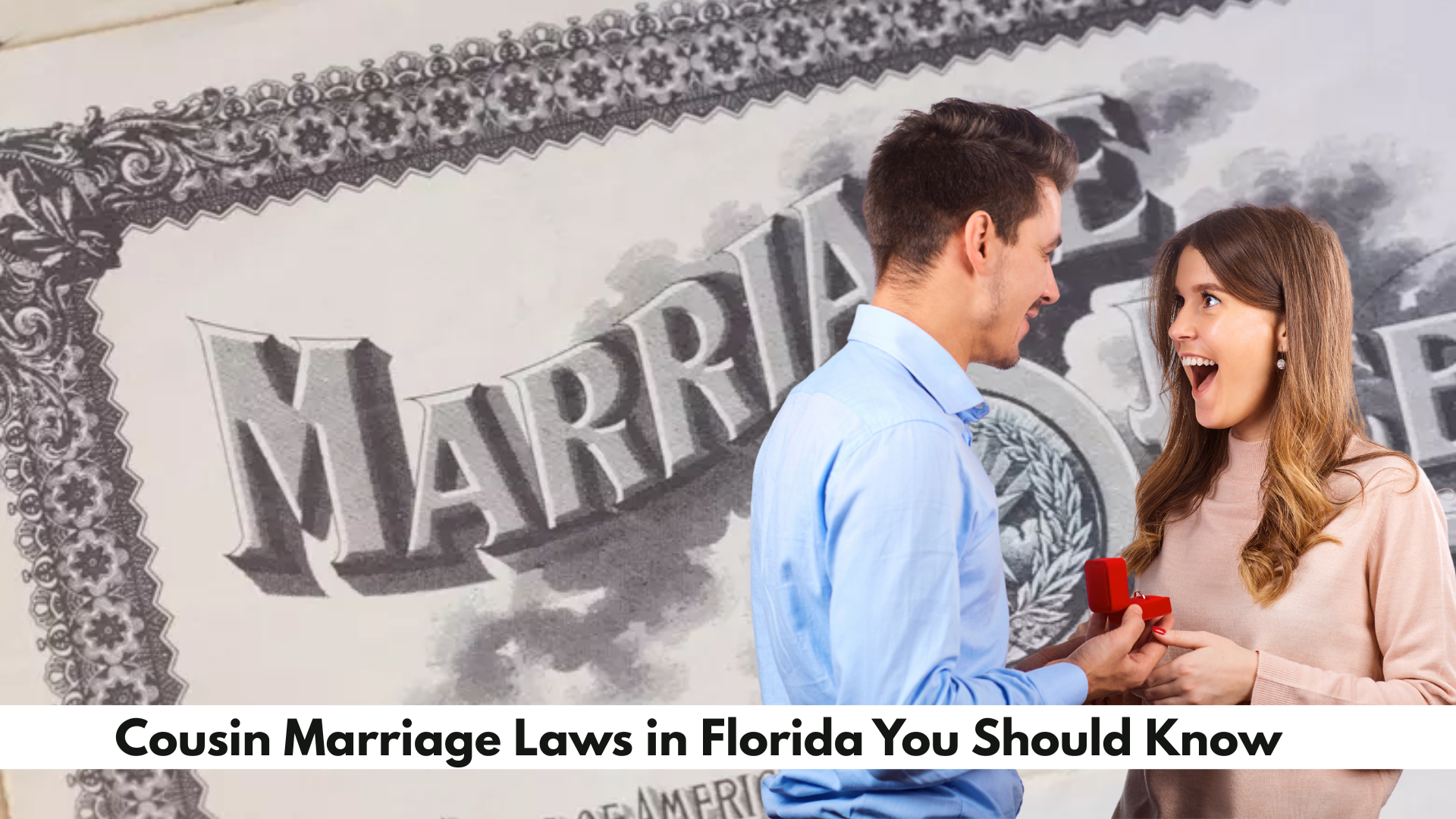
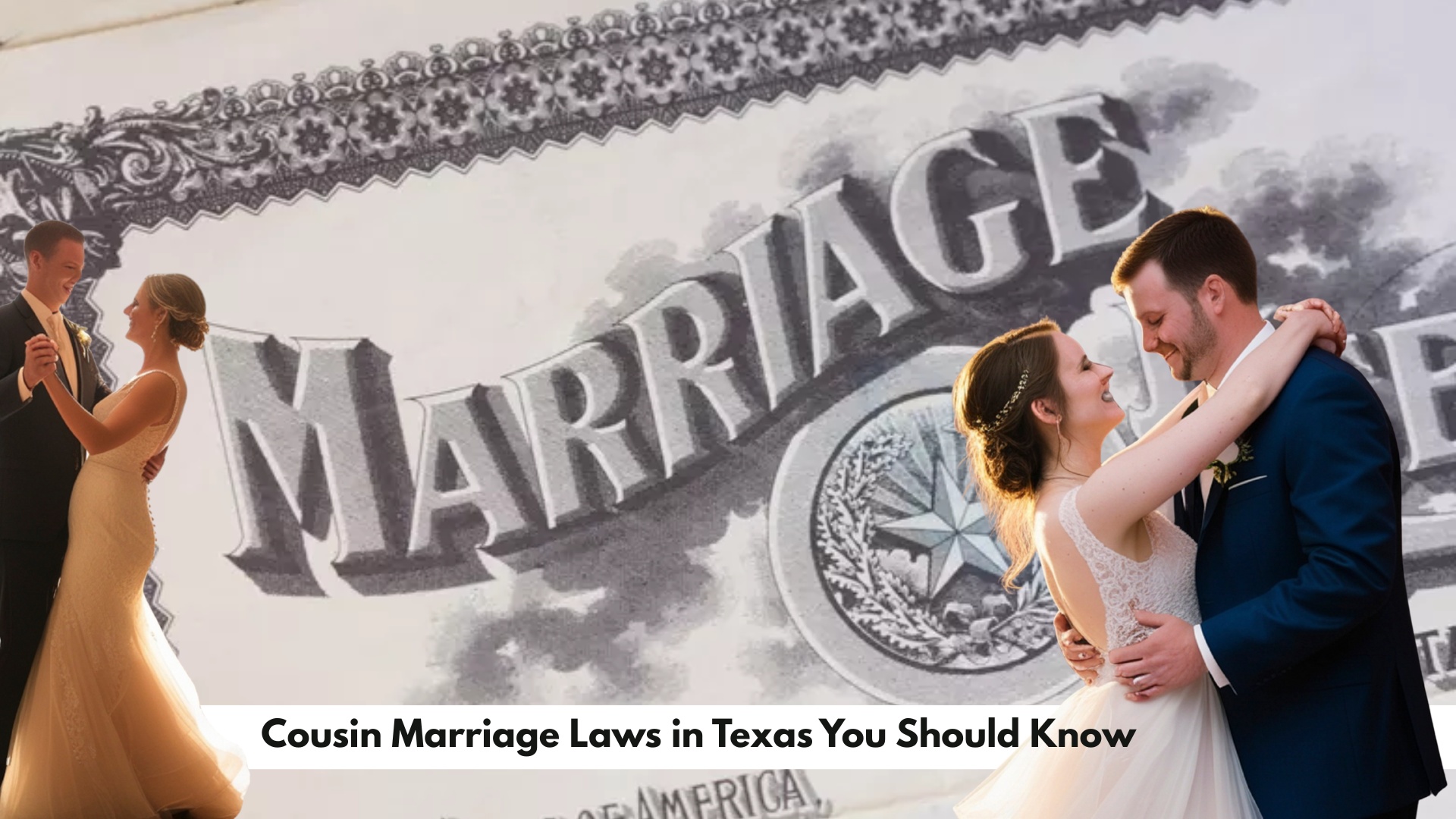

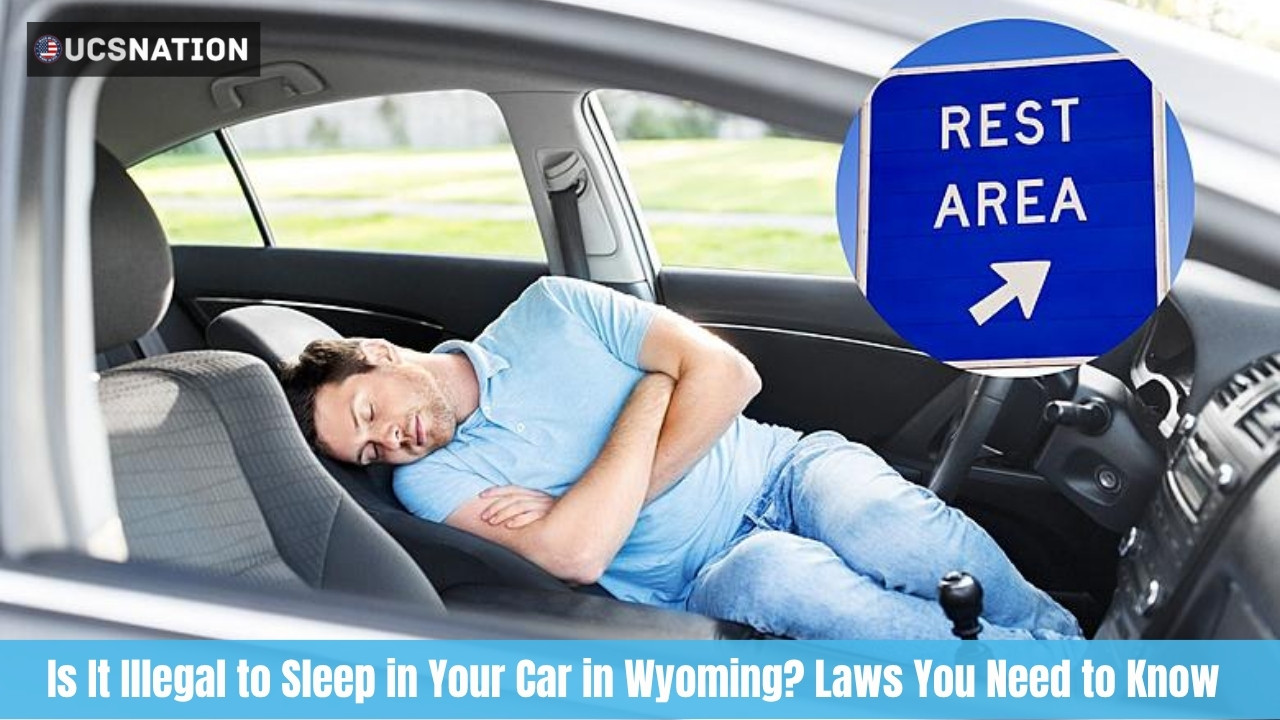
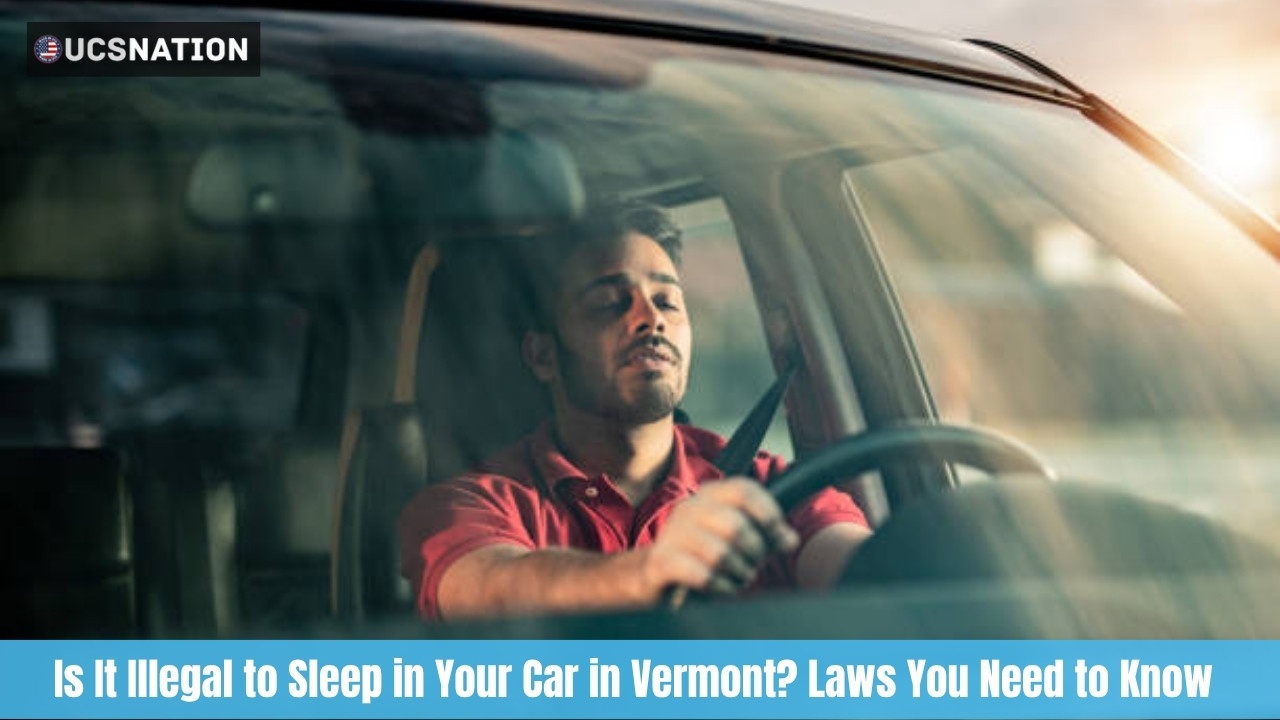
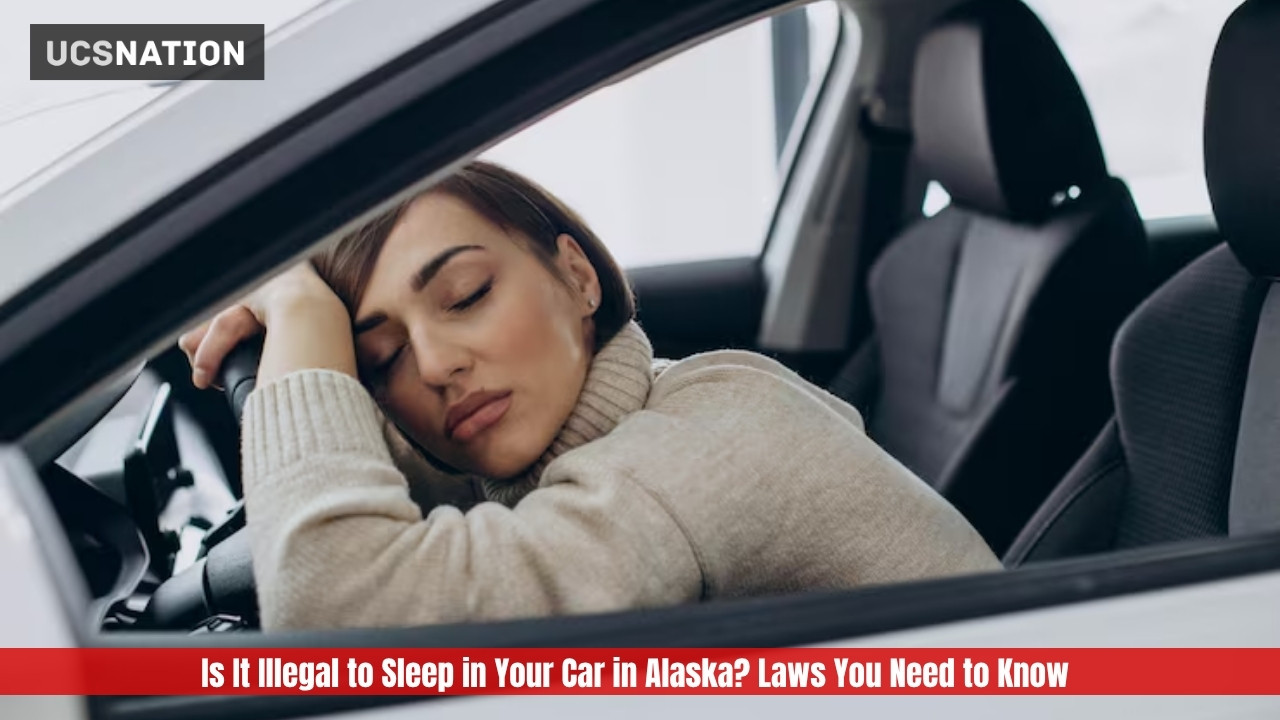
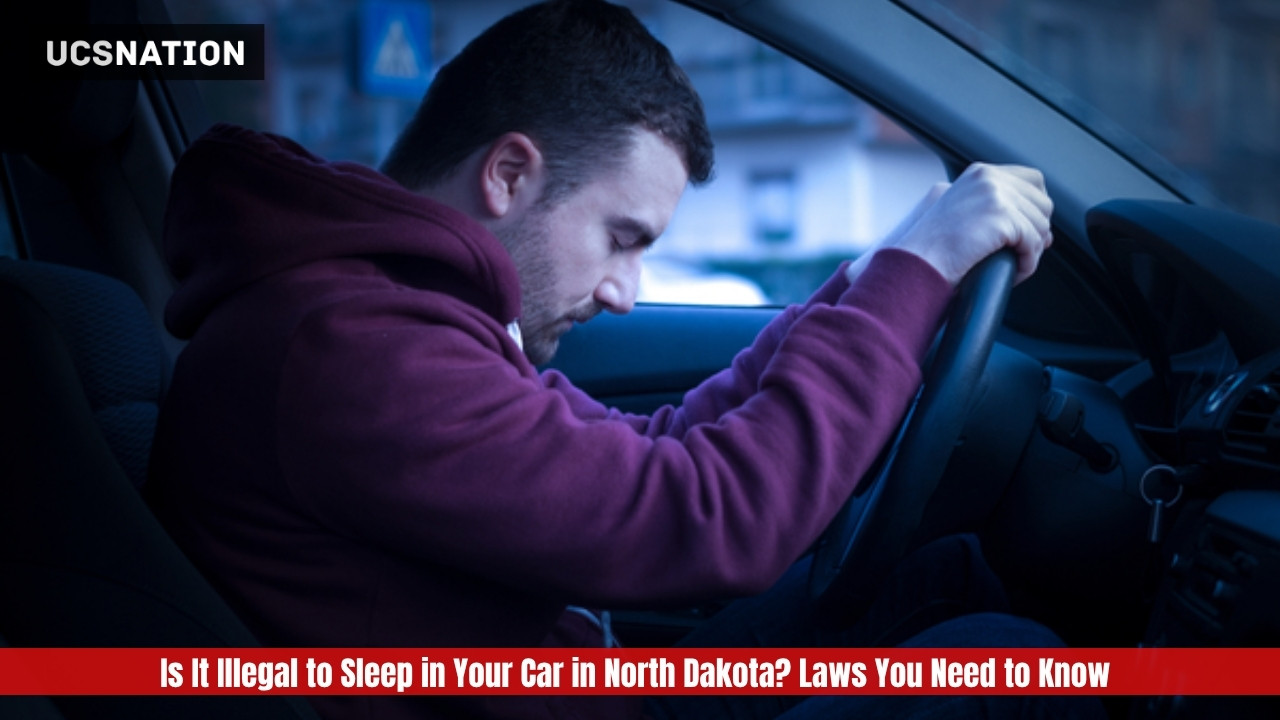
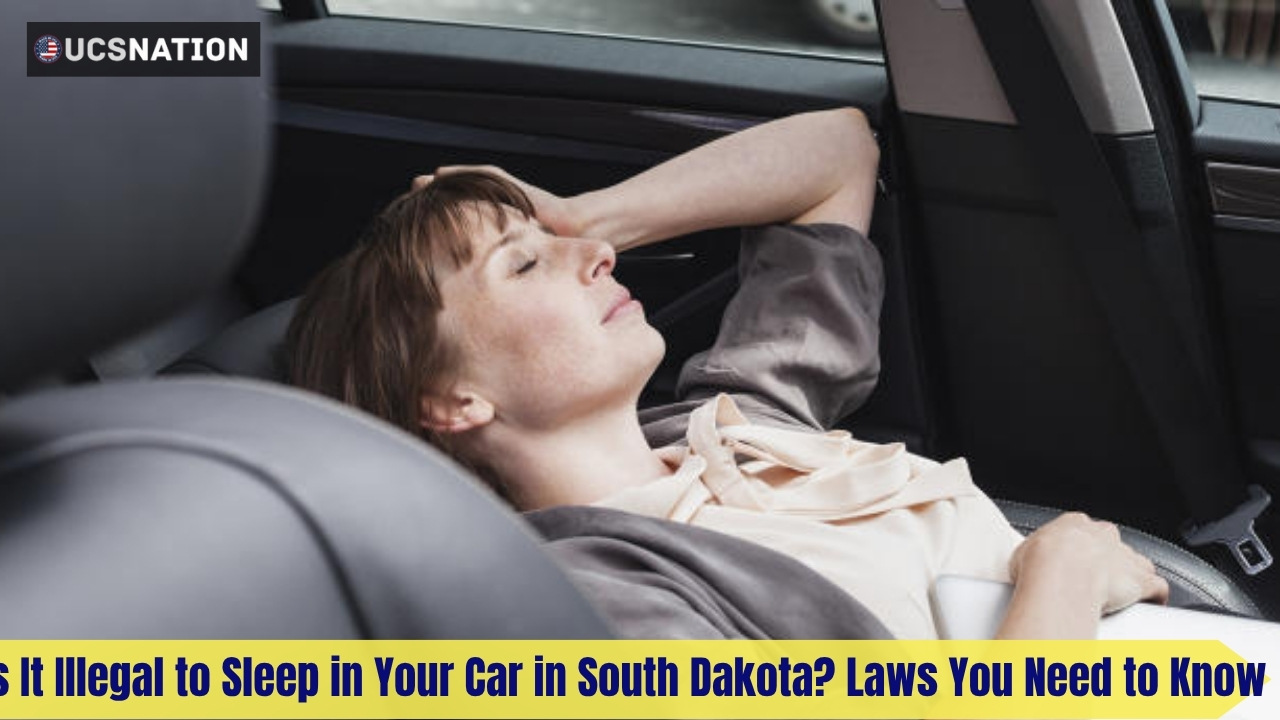




Cathleen M Clark
Thank you for this post. We are van campers and follow “most” of the rules. That said, our favorite town, where we park close to a church for overnights, recently saw us overnight and called the fire department to inquire/complain. Fortunately, the fire department representative knows us and vouched for our standing as long time visitors to their great town.